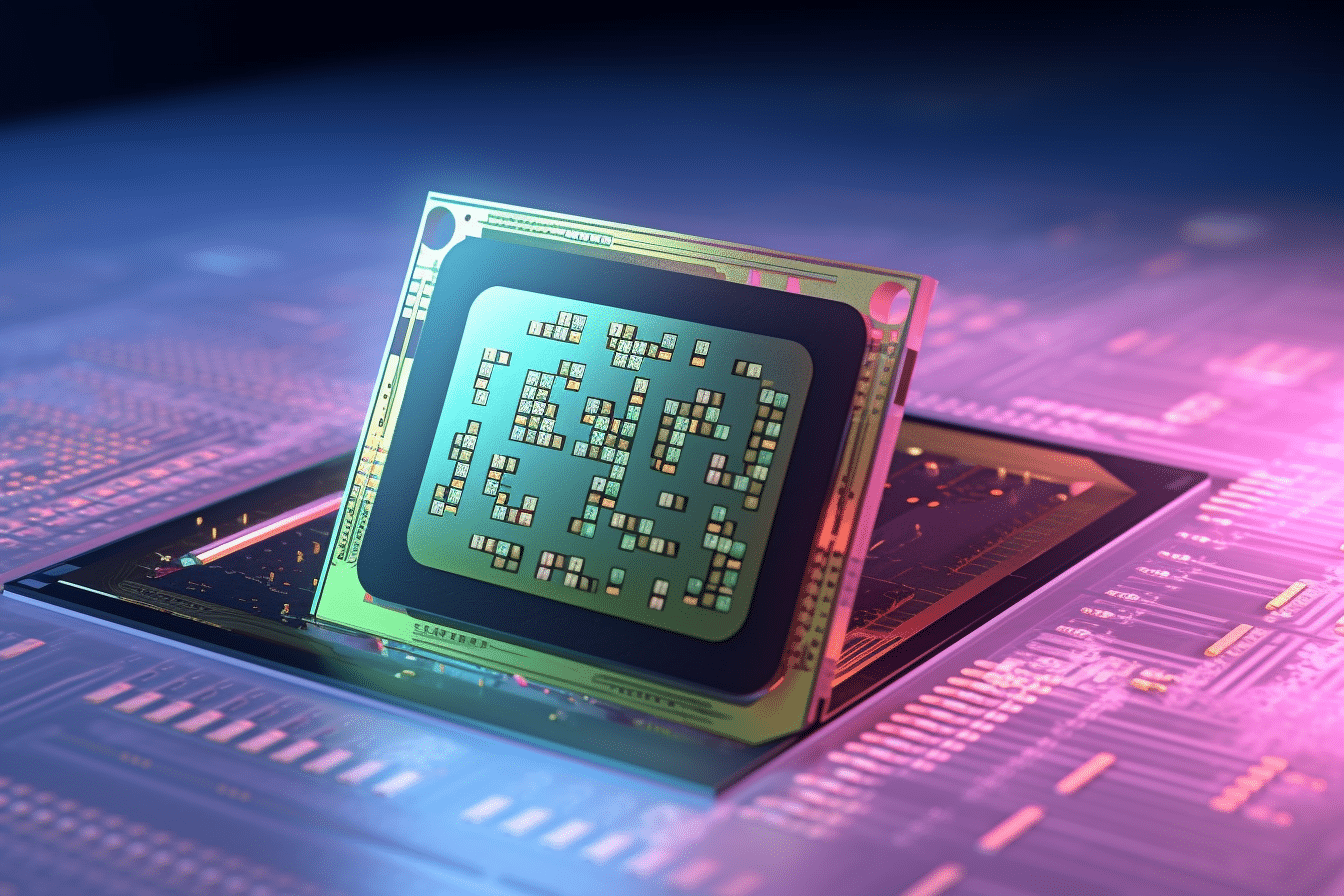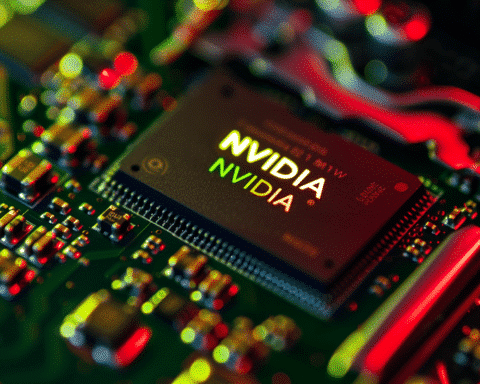In a technological breakthrough that is reshaping the industry, artificial intelligence (AI) chips have emerged as the hottest trend in the technology sector.
These unassuming slivers of silicon, closely related to the chips powering video game graphics, are designed to accelerate the development of AI systems while reducing costs.
The surge in demand for AI chips has not only caught the attention of industry experts but has also piqued the interest of investors, who see the potential for substantial returns. Among the leading players in this space, Nvidia has witnessed skyrocketing stock values, indicative of the growing sales and adoption of its AI chip products.
Defining AI Chips
AI chips, although lacking a universally agreed-upon definition, refer to specialized computing hardware designed to handle AI workloads.
Unlike conventional computers, AI chips excel in training AI systems to solve complex problems efficiently. Their origins can be traced back to the graphics processing units (GPUs) used in video games, which enabled parallel processing—a technique crucial for both gaming and AI applications.
Nvidia’s Groundbreaking Journey
Founded in 1993 with the goal of pushing the boundaries of computational graphics, Nvidia quickly rose to prominence. Their breakthrough came with the development of GPUs, which revolutionized video game development and play by enabling multiple complex graphics calculations simultaneously.
This parallel processing capability proved instrumental in the field of AI when two graduate students at the University of Toronto won the 2012 ImageNet AI competition using a GPU-based neural network, outperforming competitors with significantly lower error rates.
The Dominance of Nvidia
Fast forward to the present day, Nvidia stands as the unrivaled leader in AI chip supply. Their recent flagship product, the H100 GPU, boasts an astounding 80 billion transistors, surpassing Apple’s latest high-end MacBook Pro processor.
However, such cutting-edge technology comes with a hefty price tag, with the H100 listed at $30,000 on certain online retail platforms. Nvidia relies on Asian chip foundries, such as Taiwan Semiconductor Manufacturing Co. and Korea’s Samsung Electronics, for the fabrication of these complex GPU chips, avoiding the substantial investment required to build new factories.
The Power of Cloud Computing and Diverse Applications
Cloud computing services, including Amazon and Microsoft, are among the largest customers for AI chips. By renting out their AI computing power, these services enable smaller companies and organizations to leverage cloud-based tools for various tasks.
From drug discovery to customer management, AI chips have found utility in a wide array of applications, making AI more accessible and affordable to those who couldn’t afford to develop their own AI systems from scratch.
Competition on the Horizon
While Nvidia currently dominates the AI chip market, analysts predict the emergence of formidable competition in the near future.
Advanced Micro Devices (AMD), a key player in computer graphics chips, is positioning itself to challenge Nvidia’s dominance. Recent moves by AMD to bolster its own lineup of AI chips indicate a potential rivalry in the making.




